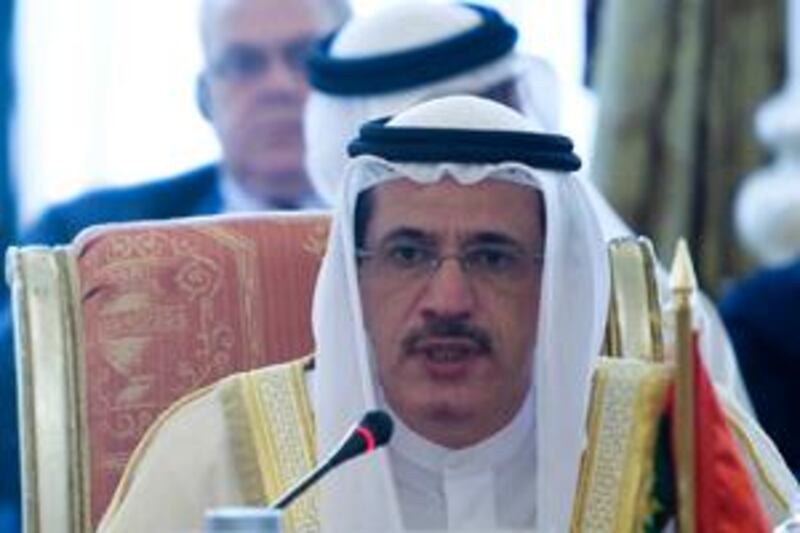Sultan al Mansouri, the Minister of Economy, is proposing closer co-operation between the region's stock exchanges, with a plan to encourage companies to go public and battle the global economic downturn that has wreaked havoc on stock market values across the Gulf. "The global economic crisis has clearly taken its toll on a number of sectors in [GCC] member states," he said, after a meeting of chairmen of GCC market regulators in Riyadh. "The current situation demands from us better co-ordination, uniting our front and launching innovative initiatives at a time when many institutions and corporate entities worldwide are doubling their steps towards forming alliances and blocs, even merging together to defeat the difficulties facing them."
Mr al Mansouri's plan calls for uniform regulations regarding the licensing and listing of companies on exchanges across the GCC. Under it, public companies would receive a "Unified Gulf Licence" acknowledging they had met regional listing standards. The timing of new listings on regional exchanges would be co-ordinated by a central committee, and a common set of regulations would be put in place for brokerages and financial services companies.
In the longer term, a committee composed of the chief executives of regional stock exchanges would undertake a "restructuring" of markets that would examine the regulation of investment funds and study the creation of new markets for derivatives. The committee may also establish rules concerning "short selling", where investors can profit from price declines. The committee would meet at least three times a year and would debate proposals referred to it by GCC member countries. Its recommendations would then be referred to a higher committee under the GCC's administration for possible action.
The plan is to be presented to a GCC foreign ministers' committee for review, according to a statement from the Emirates Securities and Commodities Authority. "We are in a situation today in which we need more actions than words," Mr al Mansouri said. In addition to his ministerial role, Mr al Mansouri is the chairman of the board of the Emirates Securities and Commodities Authority, which regulates the Dubai Financial Market and Abu Dhabi Securities Exchange.
While both of those markets have staged rallies in the past month, they remain far from recovering to levels reached before the financial crisis. The Dubai Financial Market General Index is still more than 60 per cent below its pre-crisis highs. The decline has fuelled calls for integration among exchanges. Mergers have even been brought up as a possible cure for depressed stock values and slack trading activity. Last week, Essa Kazim, the chief executive chairman of the Dubai Financial Market, said there had been "discussions on the highest shareholder level" about a merger of the Abu Dhabi and Dubai exchanges.
@Email:afitch@thenational.ae






